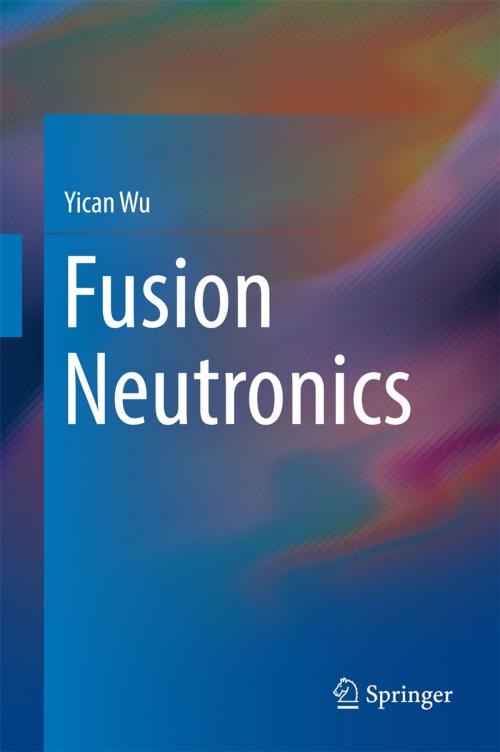Fusion Neutronics
Nonfiction, Science & Nature, Technology, Nuclear Energy, Science, Physics, Nuclear Physics| Author: | Yican Wu | ISBN: | 9789811054693 |
| Publisher: | Springer Singapore | Publication: | August 16, 2017 |
| Imprint: | Springer | Language: | English |
| Author: | Yican Wu |
| ISBN: | 9789811054693 |
| Publisher: | Springer Singapore |
| Publication: | August 16, 2017 |
| Imprint: | Springer |
| Language: | English |
This book provides a systematic and comprehensive introduction to fusion neutronics, covering all key topics from the fundamental theories and methodologies, as well as a wide range of fusion system designs and experiments. It is the first-ever book focusing on the subject of fusion neutronics research.
Compared with other nuclear devices such as fission reactors and accelerators, fusion systems are normally characterized by their complex geometry and nuclear physics, which entail new challenges for neutronics such as complicated modeling, deep penetration, low simulation efficiency, multi-physics coupling, etc. The book focuses on the neutronic characteristics of fusion systems and introduces a series of theories and methodologies that were developed to address the challenges of fusion neutronics. Further, it introduces readers to the unique principles and procedures of neutronics design, experimental methodologies and methodologies for fusion systems.
The book not only highlights the latest advances and trends in the field, but also draws on the experiences and skills collected in the author’s more than 40 years of research. To make it more accessible and enhance its practical value, various representative examples are included to illustrate the application and efficiency of the methods, designs and experimental techniques discussed.
This book provides a systematic and comprehensive introduction to fusion neutronics, covering all key topics from the fundamental theories and methodologies, as well as a wide range of fusion system designs and experiments. It is the first-ever book focusing on the subject of fusion neutronics research.
Compared with other nuclear devices such as fission reactors and accelerators, fusion systems are normally characterized by their complex geometry and nuclear physics, which entail new challenges for neutronics such as complicated modeling, deep penetration, low simulation efficiency, multi-physics coupling, etc. The book focuses on the neutronic characteristics of fusion systems and introduces a series of theories and methodologies that were developed to address the challenges of fusion neutronics. Further, it introduces readers to the unique principles and procedures of neutronics design, experimental methodologies and methodologies for fusion systems.
The book not only highlights the latest advances and trends in the field, but also draws on the experiences and skills collected in the author’s more than 40 years of research. To make it more accessible and enhance its practical value, various representative examples are included to illustrate the application and efficiency of the methods, designs and experimental techniques discussed.















